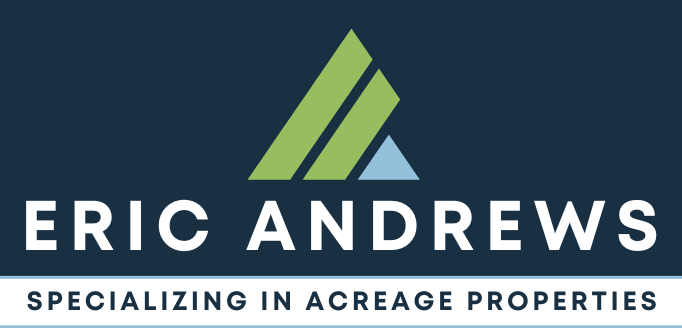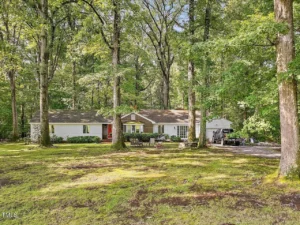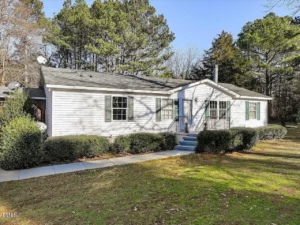Commercial Real Estate Manager Eric Andrews explains the Triple Net Lease to us. These types of leases are popular in North Carolina, especially in the Raleigh Durham Chapel Hill area, and even here in Pittsboro and the rest of Chatham County.
Speaker 1: What is a triple net lease?
Speaker 2: Triple net lease. In the commercial world we do triple net. When you rent a commercial property, you are paying for the privilege to be there. So really commercial tendency is pretty tough. You get all the worries and the headaches, but you don’t have the deed. So triple net lease means that you are reimbursing the landlord for the taxes. You are reimbursing the landlord for insurance. And you are responsible for repairs.
Speaker 1: That sounds terrible.
Speaker 2: It sounds terrible, but that’s the way… And that’s how it’s done in New York and LA, and that’s how it’s done in Raleigh, Greensboro, and Charlotte. It’s not the way it was always done in Pittsboro. In Pittsboro there were a lot of handshakes, a lot of deals. “You pay me 2000 a month. And of course, if the HVAC breaks, I’ll fix it.”
Well, first of all, that’s not how commercial leasing is done. And secondly, then the tenants jack up the heat when they want and throw on the air when they want, and they have no respect for… They don’t take ownership. And when there’s more responsibility by the tenant, we find that they are very good at taking care of stuff. And we also find that stuff doesn’t break that often, too.
So it’s more of a headache free situation. So commercial landlords are getting reimbursed for all their insurance, reimbursed for all their taxes, and they don’t have the responsibility for repairs. Now, there are two giant possible repairs that could happen in commercial property. One of is the roof. And the second is the HVAC. Sometimes we have exclusions for roof and HVAC. But with that HVAC exclusion, we do require that the client, the tenant put it on some kind of HVAC service management contract. So someone’s coming to check it out every six months, or they’re changing the filters every three months. And there’s no huge surprise if something breaks down or whatnot.





